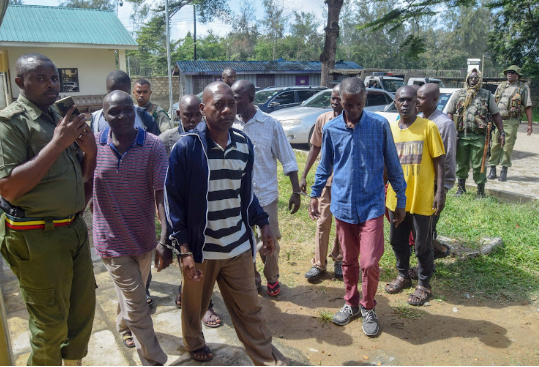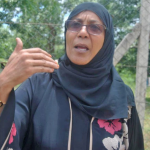The proposed Religious Organisations Bill of 2024 introduces stringent regulations for religious entities in Kenya, aiming to curb the rise of extremist and predatory groups. Under the new bill, individuals operating unregistered religious organisations face penalties of up to Sh5 million, three years in prison, or both.
Key provisions of the bill include:
1. Mandatory Registration: The bill stipulates that no one may establish, manage, or assist in operating a religious organisation or umbrella organisation without registration.
2. Regulatory Framework: The bill addresses the previously fragmented regulation of religious organisations, which has contributed to the emergence of problematic entities.
3. Office of Registrar: The bill establishes an office of the registrar of religious organisations, led by a registrar and a deputy registrar. This office will be responsible for issuing, suspending, or revoking registration certificates and maintaining a register of all registered organisations.
4. Regular Inspections: The registrar will conduct annual inspections of the premises and records of registered organisations to ensure compliance.
5. Harsh Penalties: Clerics who engage in fraudulent schemes involving prayer, alleged healing, or miracles to extract money from followers could face fines of Sh5 million or up to ten years in prison.
Senator Danson Mungatana, who sponsored the bill, introduced it following the Senate ad-hoc committee’s investigation into the mass deaths in Shakahola, Kilifi County. These deaths were linked to extremist religious teachings, with over 400 people reportedly starving themselves due to such beliefs.
The bill builds upon recommendations from a presidential task force that reviewed the legal and regulatory framework for religious organisations, aiming to prevent further exploitation and ensure that religious entities operate within legal bounds.
The proposed Religious Organisations Bill of 2024 outlines detailed provisions for the registration, regulation, and oversight of religious entities in Kenya.
Here’s a summary of the key points:
1. County Responsibilities: County executive committee members are tasked with collaborating with the registrar to enforce regulations for religious organisations operating within their counties. They are also responsible for inspecting these organisations and supervising their management elections.
2. Eligibility for Registration: To qualify for registration as a religious organisation:
– The entity must be supported by at least 25 individuals who share the same faith.
– It must be endorsed by an umbrella religious organisation.
– It must have a management structure with a board of trustees, where at least two-thirds are Kenyan citizens and include at least one person with a degree, diploma, or certificate in theology.
3. Umbrella Body Requirements: For an organisation to be registered under an umbrella body:
– The application must be supported by at least 25 proposed or registered religious organisations with a common faith.
– It must be endorsed by at least five individuals who have no criminal convictions.
4. Registration Process:
– Applicants must submit a registration request in the prescribed form.
– If the registrar approves the application, the organisation’s details are entered into the register, and a certificate of registration is issued.
– If the application is rejected, the registrar must provide written reasons.
5. Display and Compliance:
– Registered organisations must display their certificate of registration prominently at their operation location.
– The registrar has the authority to suspend or cancel a registration certificate if the organisation violates any provisions of the Act, other laws, or its own constitution.
6. Regulation by Umbrella Organisations: Umbrella religious organisations are responsible for overseeing and regulating the religious organisations registered under them.
This Bill aims to create a more structured and accountable framework for religious organisations, addressing issues of fragmentation and potential exploitation.



